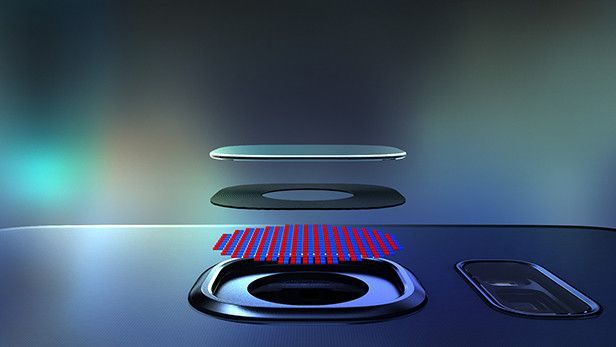Dual Pixel Technology: Portrait Mode for Smartphones without Dual Camera
Most of us have heard about Dual Pixel technology, especially in relation to cameras and as a distinctive feature of a mobile camera. But if we had to explain exactly what this technology consists of, very few would be the ones who could do it.

What is Dual Pixel technology?
To understand the Dual Pixel technology, we will first need a brief review of what a CMOS sensor is. CMOS was born to replace CCDs when NASA decided it needed to take smaller cameras into space, it was in the 90s when the first complementary metal oxide semiconductor was born, the first CMOS sensor.
The CMOS sensors had a photodiode for each registered pixel and that was where the work of capturing and processing the image was carried out. That not only made it unnecessary to have an additional chip but also reduced the size of the sensor itself. And, as an added bonus, it also made them cheaper. But for what interests us now, the key is the existence of photodiodes.
The Dual Pixel consists of building CMOS sensors that have two photodiodes per pixel instead of one
A sensor is no more than a series of photodiodes placed side by side, in charge of capturing a single point of light. The camera of the OnePlus 5T, for example, of 16 megapixels has a CMOS sensor that has 4,608 x 3,456 photodiodes. Transistors that capture the direct photography of the lens and send it to the processor.
In Dual Pixel technology these photodiodes are multiplied by two. Two transistors for each pixel of the photograph, two photodiodes working in parallel and simultaneously, which allow, among other things, to offer a much faster focus. Faster even than the phase detection approach, which is ultimately based on the same concept: capture light from two angles to locate the points of highest contrast.
Thus, a mobile with a Dual Pixel sensor is capturing two photographs simultaneously each time we press the Take Photography button. And this, as we will see now, allows us to offer the much desired Portrait mode without the need to resort to two lenses in parallel, or a more economical Portrait mode, since we can count the mobile with a smaller equipment.
I hope you liked it.
Do not forget to support me by following me and voting this post, leave your comment ...
@kikesatu